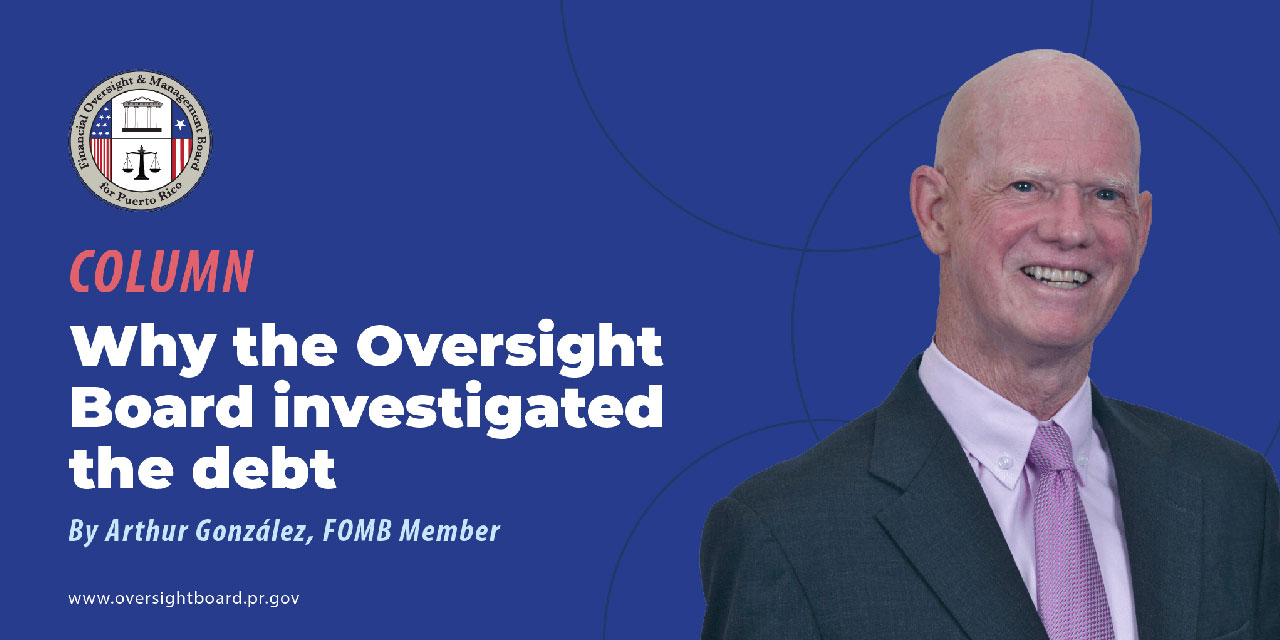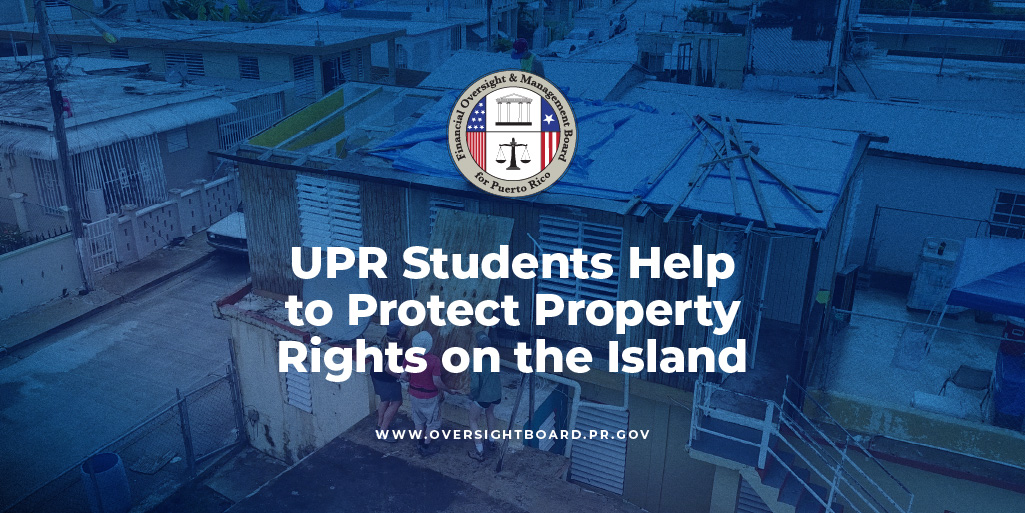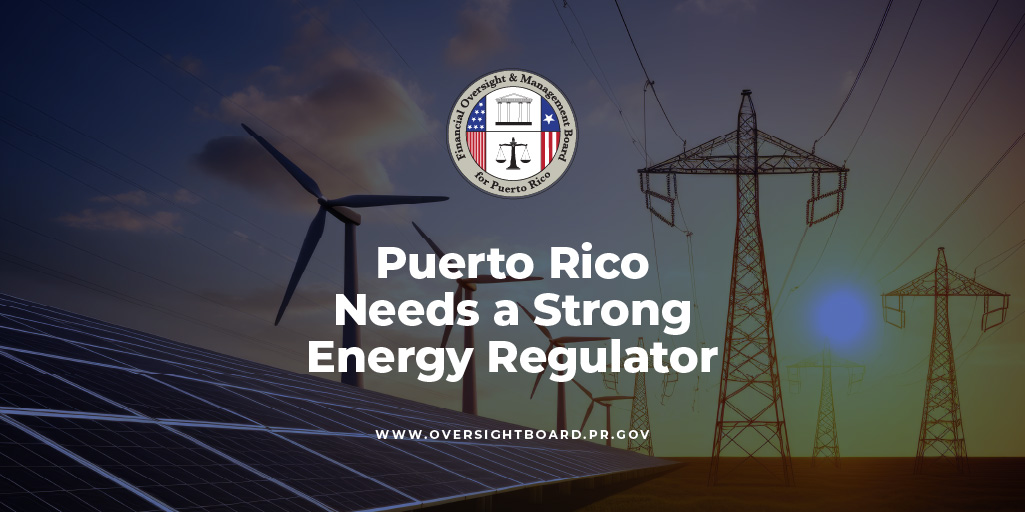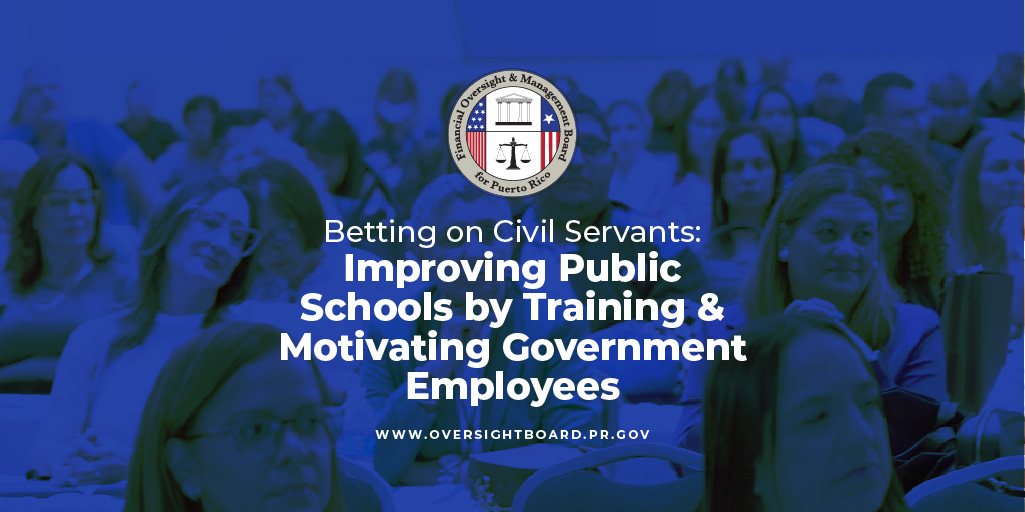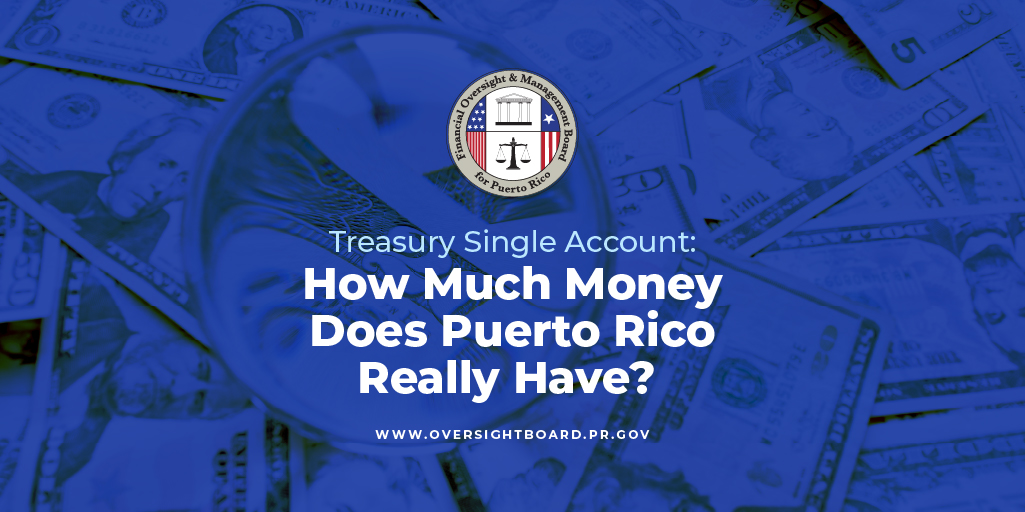Arthur J. González is a member of the Financial Oversight and Management Board for Puerto Rico and a Senior Fellow at New York University School of Law. Judge González previously served on the United States Bankruptcy Court for the Southern District of New York from 1995 until his retirement as Chief Judge in 2012.
In the nearly 17 years I served as a bankruptcy judge, I presided over many complex insolvencies, including Enron and WorldCom, which were the largest U.S. bankruptcy cases at the time.
I fully understand the value of understanding the origins and causes of a financial collapse. As well, I understand why some – economists, politicians, and others passionate about Puerto Rico and its recovery – sought a debt audit. Further, it was clear from the inception of the Oversight Board that the process of resolving Puerto Rico’s fiscal crisis depended in large measure upon ascertaining accurate information about the size and nature of the debt. Based upon those concerns and others, the Oversight Board commissioned an investigation of the massive debt in 2017.
Under section 104(o) of PROMESA, the Oversight Board was authorized to “investigate the disclosure and selling practices in connection with the purchase of bonds issues by a covered territory.” It is under section 104 that the Oversight Board formed a special committee (the “Special Committee”) comprised of three members of the Oversight Board, including myself, to ensure such an investigation occurs.
The Special Committee retained the independent investigations firm Kobre & Kim in September 2017 to conduct the investigation of the debt. After almost one year of detailed review, Kobre & Kim presented a more than 600-page report about what it found. The Kobre & Kim report (the “Report”) is available to the public on our website, and I encourage everyone who is concerned about the accumulation of the massive debt that hangs over Puerto Rico will read it.
The Report provides a great deal of information that will tell you a lot about Puerto Rico’s past and present in dealing with its finances. It also contains a number of recommendations that if implemented may reduce or eliminate a future financial crisis resulting from excessive borrowing.
The Report reviews the debt of the Commonwealth, Puerto Rico’s public utilities, the Government Development Bank, COFINA, and the Employees Retirement System. It digs deep into debt issuance and selling practices; the range of debt instruments; how Puerto Rico’s debt practices compare to those of U.S. states and large municipal jurisdictions; and how the debt is linked to Puerto Rico’s past recurring budget deficits.
Kobre & Kim as independent investigator contacted 90 entities, reviewed approximately 260,800 documents consisting of almost 3 million pages, and interviewed 120 witnesses, including former and current senior government officers, underwriters, rating agencies, and outside professionals and advisors.
Based on the Report, the Oversight Board, along with the Unsecured Creditors Committee challenged the legitimacy of $6 billion of Commonwealth debt in the U.S. District Court for the District of Puerto Rico. Ultimately, the issues as to the “validity” of the debt will be addressed in the District Court either through litigation or a settlement.
Even though the Report has been publicly available for more two years, the Oversight Board is still asked the perennial question: Why didn’t we audit the debt?
I believe that what many who continue to ask for an audit may really be seeking an analysis of how the funds from the debt were used by the Government. Whether the Government should have used the money differently than it did is neither up to the Oversight Board to decide nor relevant to the efforts to restructure the debt. It is important to understand that how the Government spent the funds does not impact the validity of the debt.
Further, the investigation did not reveal any facts that would raise a concern that the borrowed funds were not provided to Government in accordance under the issuing documents. Again, whether the funds were used wisely, prudently, and efficiently by the Government was not within the Kobre & Kim mandate. Such an effort that may well be a valid exercise, but it does not impact the validity of the debts and its ultimate resolution under PROMESA.
What Puerto Rico needs now is to conclude the Title III cases and build upon that as a significant part of a foundation for economic growth and prosperity. The Kobre & Kim Report is one of the tools we have to aid in an effort to restructure the debt. The restructuring of debt is essential to our statutory purpose to “… achieve fiscal responsibility and access to the capital markets.”

